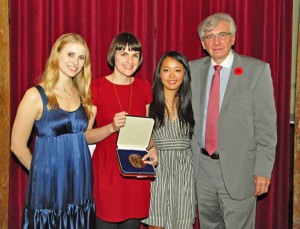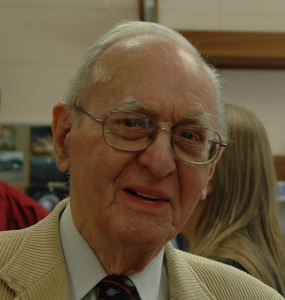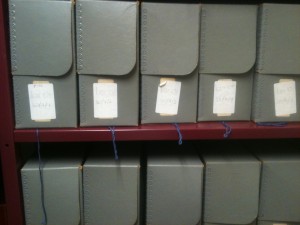
Settling in for a long winter’s nap? Not before some bedtime reading! Have a look at some of these, new in November.
The fabric of the human body : an annotated translation of the 1543 and 1555 editions / Andreas Vesalius; translated by Daniel H. Garrison and Malcolm H. Hast. Basel : Karger, 2014.
The year 2013 marks 500 years since the birth of Andreas Vesalius, the iconic Renaissance anatomist, whose De humani corporis fabrica is a monument in the history of medicine. This is a new translation of the book’s two editions and features essays by well-known historians of medicine Vivian Nutton and Nancy Siraisi.
Child workers and industrial health in Britain, 1780-1850 / Peter Kirby. Woodbridge, Suffolk : The Boydell Press, 2013.
What were the health effects on children of working in the textiles and mining industries as laborers during the Victorian period?
From the publisher’s website:
In this comprehensive study, Peter Kirby places the occupational health of employed children within a broad context of social, industrial and environmental change during the period 1780 to 1850. The book explores the deformities, fevers, respiratory complaints, industrial injuries and physical ill-treatment which have long been associated with child labour in the factory workplace. The result is a more nuanced picture of child health and child labour during the classic ‘factory age’ which raises important questions about the enduring stereotype of the health-impaired and abused industrial child.
Expériences de la folie : criminels, soldats, patients en psychiatrie (XIXe-XXe siècle) / sous la direction de Laurence Guignard, Hervé Guillemain, Stéphane Tison. Rennes : Presses universitaires de Rennes, 2013.
“ Sur 3 832 soldats soignés dans le service des psychoses du camp retranché de Paris au cours de l’année 1916,
653 sont considérés comme des « alcooliques avancés » ”. The authors of this collection look at patient experiences of psychiatric illness during the 19th and 20th centuries in connection with the judicial, military, and hospital systems that were defining what it meant to be “mentally ill.”
Toxicants, health and regulation since 1945 / edited by Soraya Boudia and Nathalie Jas. London : Pickering & Chatto, 2013.
The authors in this volume document the rise of environmental pollutants in the second half of the 20th century and regulatory efforts around the world to curtail them and manage risk. Find a review of this book in Social History of Medicine [McGill users only].
Too cold to head to the library? Have a look at what’s available on the history of medicine in Overdrive.





